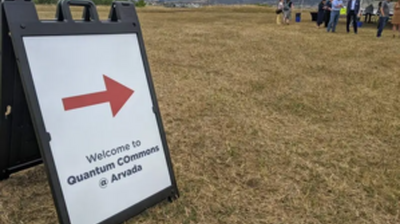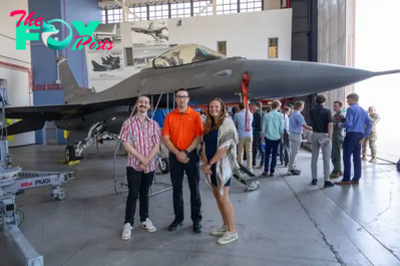Technology
What’s Working: Cities like Denver want AI to handle boring, tedious tasks

Quick links: Mayor’s migrant/AI challenge | Colorado’s $14M quantum campus | Colorado unemployment rate up to 4% | Interest rate cut | Take the poll: AI in your life?
When it comes to adopting artificial intelligence Technology for the city of Denver, the potential misuse or harm caused to consumers is top of mind. But sometimes, the boring stuff is what attracts the attention of someone like Mayor Mike Johnston, who with his team dreamed up this week’s DenAI Summit.
“I think the places where we find the greatest concerns are around things like national security and warfare, and particularly around personally identifiable Health information or other data,” Johnston said. “But we think there are much simpler use cases that we can adopt earlier.”
Take for example, Boltwise, he said. The Denver startup uses AI to identify nuts, bolts, fasteners and other hardware that professional contractors need for bids, quotes and construction projects. In an industry where contractors typically describe what they need, the apparently wide inability to nail down the exact nut could delay a project. AI takes the descriptions to find the right items without the back-and-forth or guesswork.

“If you saw Boltwise, they’re changing the way you prioritize ordering nuts and bolts — literally nuts and bolts — that can be much simpler, much faster than having someone from our general services team have to run down to Home Depot every couple days and search for 75 new bolts,” Johnston said. “We think these are the kind of easy, compelling innovations that will make the city run more smoothly.”
The city is also “having conversations” with CivCheck to pilot AI tech that would speed up the city permitting process.
“We are piloting an AI tool on permitting intake right now, which is when you just apply for a permit. Often it takes eight days for us just to intake, which is just to give us your name and info and the rest,” he said.
CivCheck relies on AI to make sure applicants fill out forms completely and correctly. The Boston company’s AI software helped the city of Honolulu reduce plan review time by 70% by educating applicants, finding code coNFLicts and prescreening so city staffers didn’t waste time with incomplete or noncompliant forms.
Could AI have helped Denver’s migrant influx?

But here’s one use case that Johnston put out for any interested AI startup: help with the migrant crisis. Thousands of immigrants arrived in the city in the past year and needed help filing asylum claims, which can be a 40-hour legal process, he said. That meant they needed translators and attorneys, not to mention the individual must fill out numerous state and federal forms.
“This would be a great place where there could be an AI tool to do this,” he said. “Someone could give a 20-minute interview and we could just say, tell us your story, how you got here, where you came from, what the experience was.”
AI would then translate it from Spanish to English and fill out the appropriate spots in the 40-page questionnaire. Then instead of a lawyer working with the applicant and translator to do the interview and fill out the form over dozens of hours, it could take just one hour.
Don’t Miss: AI & Colorado

Sept. 27, 2024: Curious about how generative AI is developing in Colorado? Then don’t miss this panel discussion with state and city IT officials, investors and startups. >> Details
“We could 100X the number of asylum claims we could have done,” he said. “We would have used just as many immigration attorneys but just would have been able to use their time more efficiently. … These are places where technology solutions could be win-win.”
Someone needs to build it, though, and that’s why DenAI was a worthwhile effort for Denver, he said.
“But if it did exist,” he said, “we would use it.”
Earlier: Artificial intelligence takes center stage at Denver’s inaugural DenAI Summit
Colorado’s $14 million quantum update
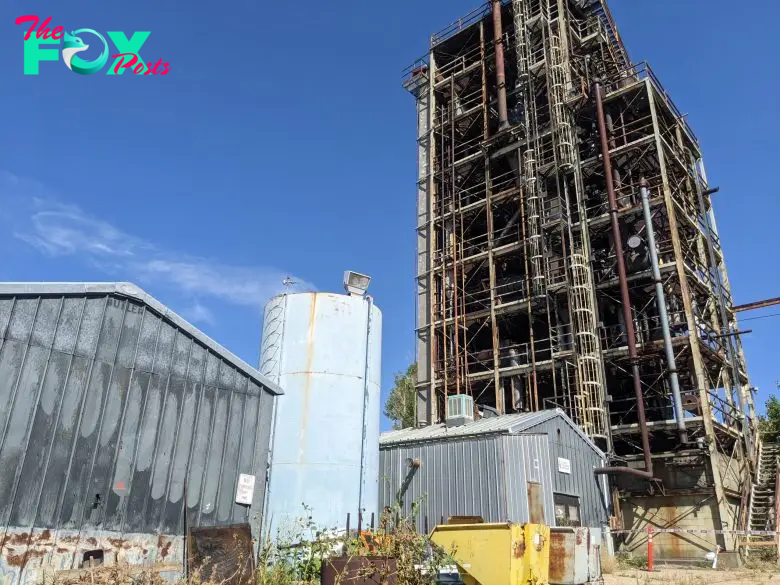
Earlier this week, the state’s quantum Tech Hub had a ceremonial groundbreaking for a 70-acre campus in Arvada, the former home of oil-shale company Tosco and its old 180-foot lift pipe used to research the extraction of oil shale from rocks. But the fresh mound of dirt won’t be where the action will take place. The main operations of the Elevate Quantum Consortium are to the east, where about 60,000 square feet of buildings sit in need of renovation.
Colorado School of Mines paid $14 million for the property and plans to spend another $6 million or so to fix up the site by turning the existing facilities into labs, clean-space fabrication plants and offices. More details of how much money is going into the project is here: “Colorado’s multimillion dollar investment in quantum gets 70-acre campus in Arvada”
Some other bits that didn’t get into the main story:
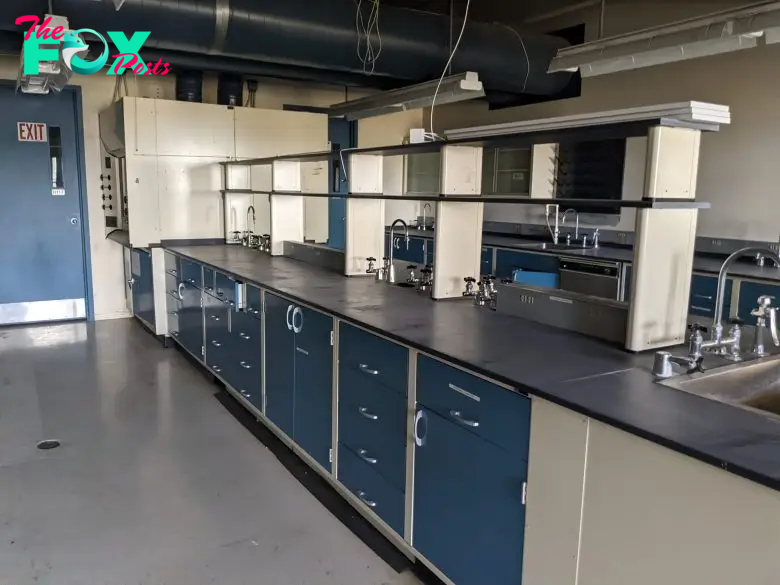
Sun economy stories you may have missed
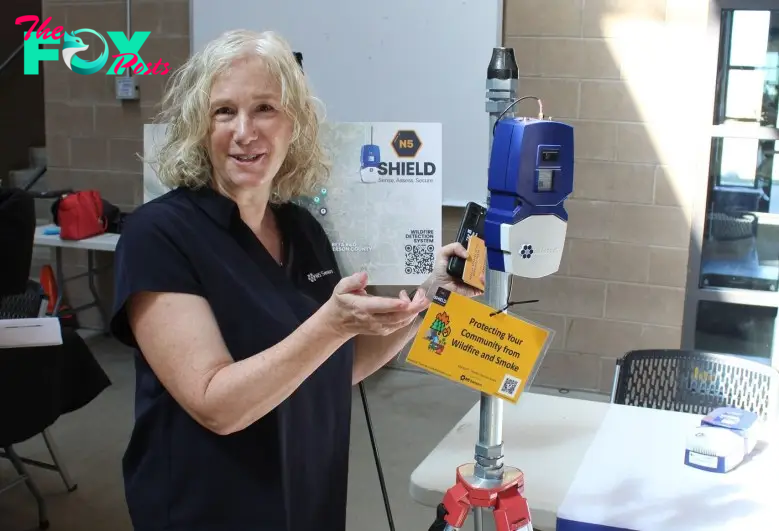
➔ Department of Homeland Security adds sniffing device to AI tools helping fight wildfires in Colorado. Gilpin County was the first place in the U.S. to adopt a sensor with the smelling power of a dog that has detected three fires, including one that was extinguished and reignited >> Read story
-

 Technology18h ago
Technology18h agoAssassin’s Creed Shadows set for November release: Five things we know so far
-
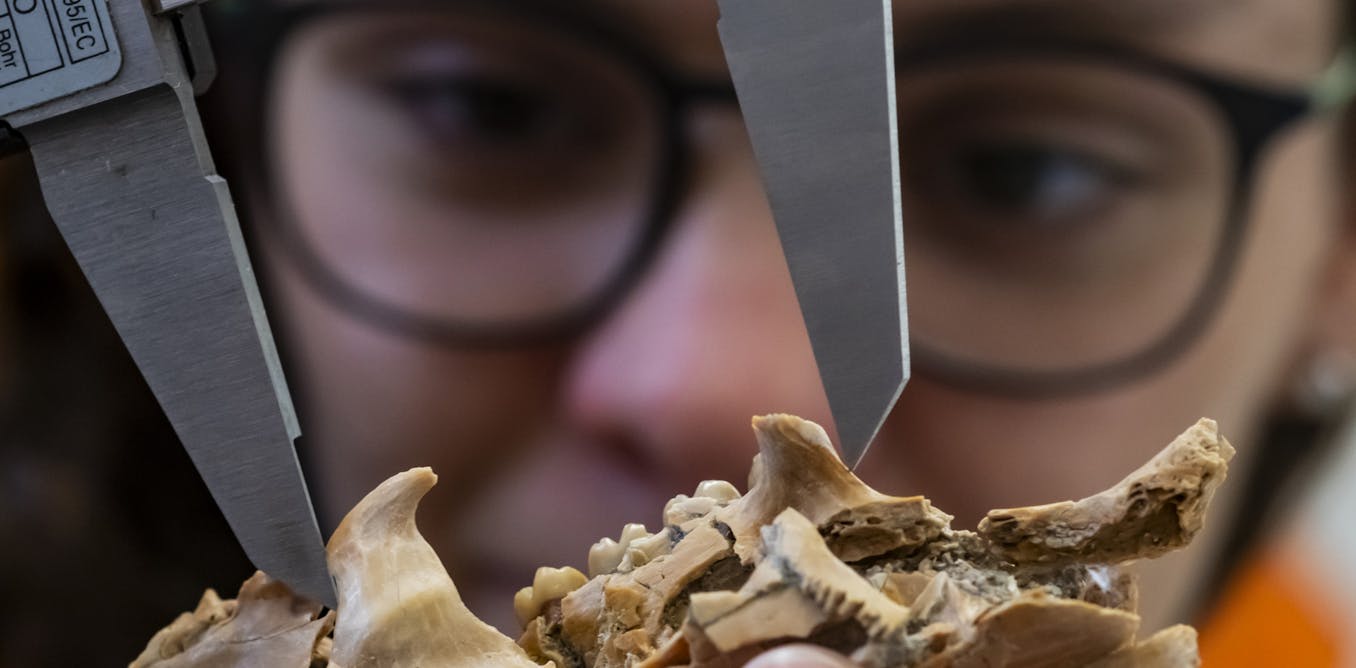
 Technology22h ago
Technology22h agoRare Florida fossil finally ends debate about how porcupine jaws and tails evolved
-

 Technology22h ago
Technology22h agoWhy can’t it always be summer? It’s all about the Earth’s tilt
-

 Technology23h ago
Technology23h agoHow can your social media audio be faked?
-

 Technology1d ago
Technology1d agoWhat is artificial general intelligence (AGI)?
-

 Technology1d ago
Technology1d agoInstagram Introduces Teen Accounts, Other Sweeping Changes to Boost Child Safety Online
-

 Technology1d ago
Technology1d agoNintendo and Pokémon Company sue Palworld creators, Pocketpair says patent details unclear
-

 Technology1d ago
Technology1d agoEU warns Apple to open up iPhone operating system



